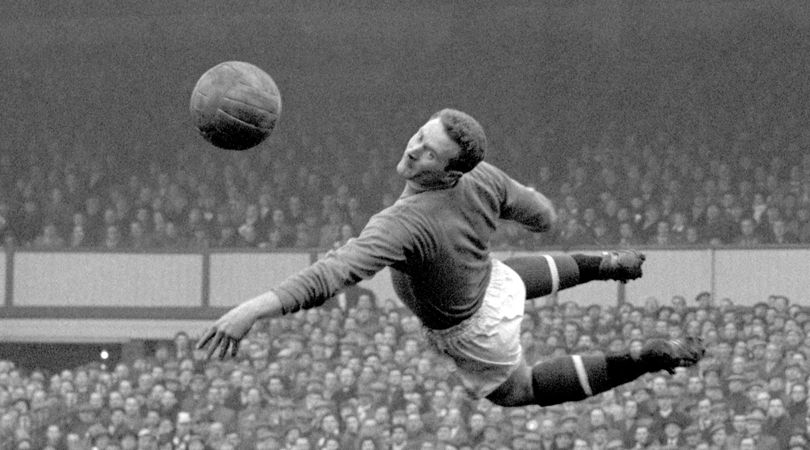
"Harry, you're my hero and I mean that, said George Best about Harry Gregg. A great athlete and a great man who was a true friend to my father. Harry's actions (at Munich) sunk in and he continued to rise in my estimation. Bravery is one thing all goalkeepers must have it but what Harry did was more than about bravery. It was about goodness. Gregg, who died in 2020, aged 87, in his native Northern Ireland, dreaded the calls on every anniversary of the disaster, he believed some people had a strange kind of morbid fascination with it."
"Munich is not my life, he said, After the crash, I was dubbed the hero of Munich. That notoriety has come at a price. For Munich has succeeded in casting a shadow over my life that I've found difficult to dispel. I might have escaped the wreckage on that runway in Germany, but from that day until now there has been no escape."
"Gregg's description of the actual crash when the chartered Elizabethan aircraft skidded off the end of the runway, smashed through the perimeter fencing, clipped a house and broke in half, its fractured pieces settling into marshy ground beyond the runway, was as visceral as it was vivid. Bang! he recalled of 3.04pm on Thursday 6th February 1958. There was a sudden crash and debris began bombarding me on all sides. One second it was light, the next dark."
Harry Gregg performed heroic rescues during the 1958 Munich air disaster after joining Manchester United three months earlier. He was only lightly injured but pulled survivors from the wreckage amid ripping, sparking confusion. The rescue actions brought widespread recognition and the label of hero, yet Gregg resented the notoriety and dreaded anniversary calls, believing some people had a morbid fascination with the tragedy. Gregg described the crash as sudden and visceral, recalling darkness and debris. The Munich disaster cast a long shadow over his life. Gregg died in 2020, aged 87, in Northern Ireland.
Read at www.fourfourtwo.com
Unable to calculate read time
Collection
[
|
...
]